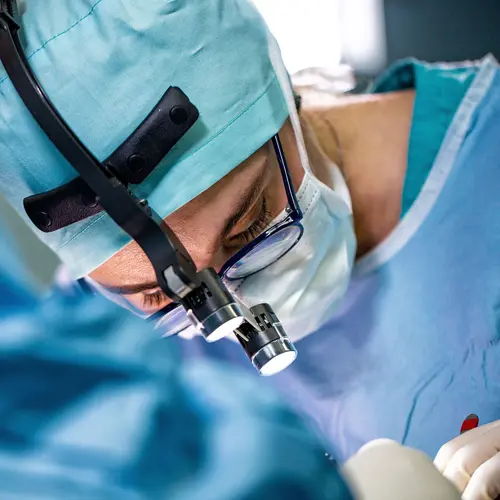You've just had coronary bypass surgery and may be wondering how long it'll take to recover. Regaining strength after this major operation varies by person, so be patient with yourself — your body has been through a lot of stress.
Should I Consider Coronary Bypass Surgery?
Coronary bypass surgery treats blockages or the narrowing of one or more arteries that surround the heart. This operation aims to restore blood supply to the heart muscle.
Your doctor will likely suggest coronary bypass surgery if you’re experiencing:
- Severe chest pain: This may be caused by the narrowing of coronary arteries that supply blood to your heart muscle. Even while at rest, your heart muscle is short of blood.
- Coronary blockage or narrowing reoccurrence: If you had a stent placement or an angioplasty that didn't clear the blockage or narrowing of one or more coronary arteries, coronary bypass surgery might be the best option.
- Heart issues: Your left main coronary artery supplies most of the blood to your heart's left ventricle, also known as your heart's main pumping chamber. When this is severely narrowed or blocked, the left ventricle may not be functioning correctly. Coronary bypass surgery can correct this. It can also treat more than one diseased coronary artery.
In the event you have a heart attack, coronary bypass surgery might be necessary if you fail to respond to alternative treatments.
What Should I Expect From Coronary Bypass Surgery?
Before surgery, your doctor will give you instructions about activity and dietary restrictions you'll need to make. You should also plan to have someone available to assist you during your four- to six-week recovery period.
For a non-emergency coronary bypass, you will be admitted to the hospital the morning of the operation. The procedure generally takes between three to six hours and will require that you be placed under general anesthesia. The severity of your blockages and where they're located will determine the number of bypasses you might need.
After surgery, you will be transported to the intensive care unit (ICU) where you will sleep as the anesthesia wears off, which could take up to four hours. You may have to use a ventilator until you're awake and well enough to breathe on your own.
Expect to spend a couple of days in the ICU and up to five days at the hospital before you're discharged.
Your doctor will prescribe an exercise and education program and continue to monitor your progress until you can safely return home and follow a home-based recovery program. Seek approval from your doctor before returning to work or resuming strenuous exercise.
What Can I Expect During My Recovery From Coronary Bypass Surgery?
A full recovery from your surgery — typically in about six weeks — depends on following your doctor’s recommendations. With prescribed medications, proper diet, exercise, and stress management, most people can remain symptom-free for as long as 15 years.
After surgery, you may face physical limitations that will make it difficult to get out of the house and clear your head. While these limitations may depress you a bit, your health and strength should be back in no time.
What If I Have Complications From Coronary Bypass Surgery?
Call your doctor immediately if you have any of the following symptoms after your hospital discharge:
- Rapid or irregular heart rate
- New or intensified pain around your chest
- Fever
- Reddening around your wound
- Bleeding or discharge from the wound
What If Coronary Bypass Surgery Doesn’t Work?
Keep in mind that your new graft or other coronary arteries can become clogged. In this case, you would require another bypass or angioplasty. If you have any concerns about your medications or prescribed treatment plan, you should contact your primary care provider.

